
Lyle Mcdonald – The Protein Book
Description
Protein book
Of all the topics in sports nutrition, perhaps none raises more questions (or controversies) than the question of protein for athletes.
How Much Protein Should I Eat Every Day? What is the best dietary protein for athletes? When should I consume protein during the day? Or around my workouts. All of these questions and more come up all the time, and there is endless confusion and controversy on this topic.
All of these questions are context sensitive. The sport, the goals of the athletes and the specifics of the situation all determine the answer. There can be no single answer that is right for all athletes, situations and goals.
Unfortunately, many of those who write about dietary protein tend to give just such answers. It doesn’t matter if it’s a sprinter, bodybuilder, powerlifter or long distance runner … everyone is given the same advice.
With the help of Protein: The Ultimate Guide for Coaches and Athletes, I decided to take a comprehensive look at this issue. Examine all research on this topic so that I can provide evidence-based answers to these questions.
Topics covered in the protein book
The first half of the book is devoted to the basics of protein metabolism and physiology. I will first give some basic definitions and background. Then I discuss the topics of protein digestion, absorption and metabolism. Researchers have debated protein requirements for athletes for decades, and I am addressing both sides of the debate. The final chapters in general physiology focus on protein quality and amino acid requirements.
From there, I discuss the long-debated topic of protein requirements, protein quality, and individual amino acid requirements. This is followed by a look at meal frequency and timing of nutrient intake during exercise. The protein controversy is addressed before I research whole food proteins, protein powders, and protein-based supplements.
Finally, I show athletes how to piece all this information together for specific sporting situations and goals. With over 200 pages of information and over 500 scientific references, this book leaves no questions unanswered about dietary protein for athletes.
Protein book reviews
The protein book not only covers everything you can imagine regarding protein, but it also contains the best nutritional information I’ve ever come across – alone worth the price of the book. One thing that sets this book apart from others is that it takes research data on each topic and synthesizes it into realistic concrete applications that can be applied immediately. Despite the fact that this book was published quite recently, it is already one of the most frequently used sources in my library.
Alan Aragon is the author of Girth Control: The Science of Fat Loss and Muscle Gain
Don’t let the name fool you, the protein book is not only the most complete resource on what protein is, how much and what type is optimal, but it dispels the most common myths – it is also part of healthy dietary habits for safe weight loss or gaining muscle mass. without excessive fat gain.
There is no other book on the market that gives you answers to every possible protein question, in easy-to-understand language and with an extensive list of the most recent and relevant research related to human nutrition. This book should be your reference of choice, and there is a good reason why I keep it right at the top of a stack of books next to my computer when I write nutrition articles and set diets for advanced lifters and athletes in various sports.
Borge (aka Blade) – Norway


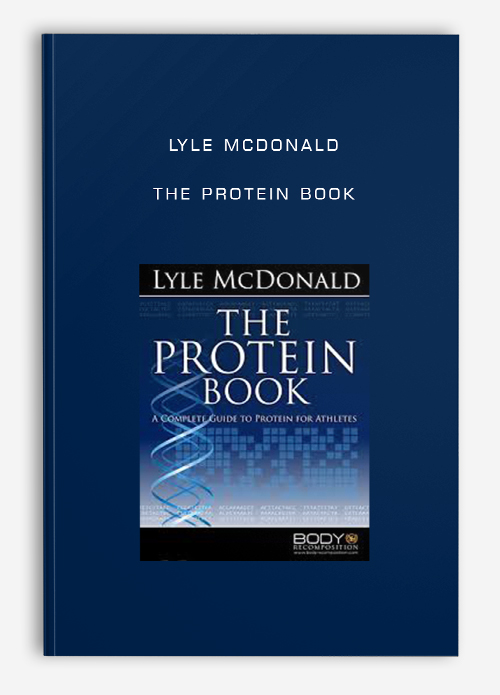
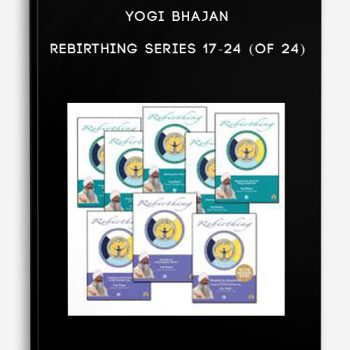



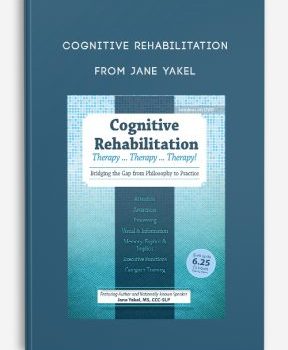
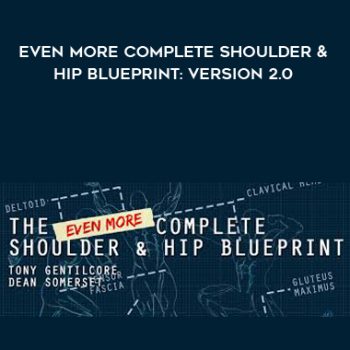
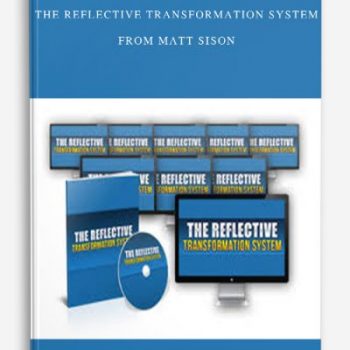

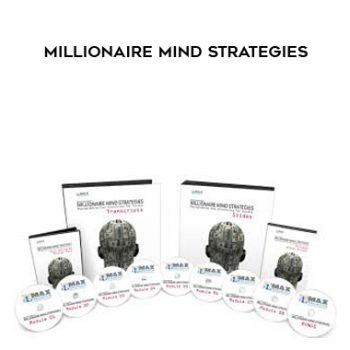

tristian –
This is Digital Download service, the course is available at Coursecui.com and Email download delivery.